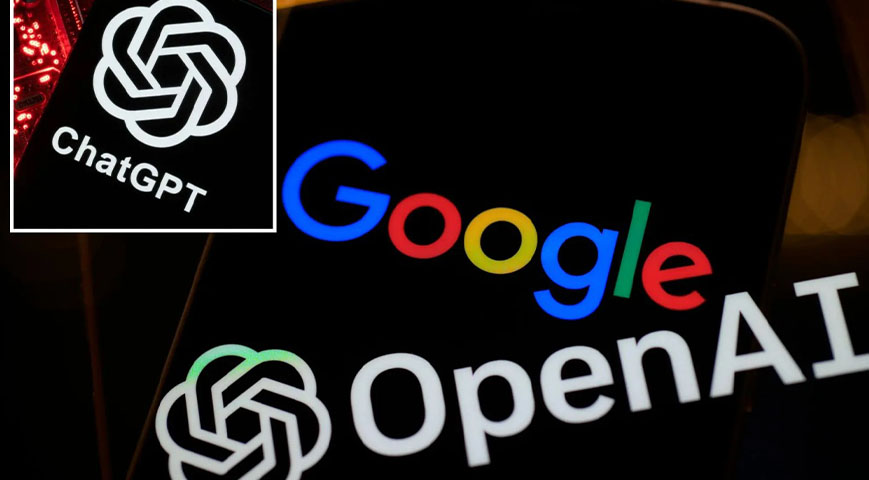A significant bill to regulate powerful AI models has passed through California's legislature despite concerns that it could stifle the innovation it aims to control.
SB 1047, sponsored by Democratic state senator Scott Wiener of San Francisco, seeks to establish safety measures for advanced AI systems. Wiener emphasized the broad support behind the legislation, highlighting a coalition committed to balancing innovation with safety.

Despite its passage, the bill has faced considerable opposition. Critics, including some Democratic members of Congress, argue that imposing strict regulations on a developing technology could hinder progress.
Did you read this?
However, the bill received conditional support from tech billionaire Elon Musk, who acknowledged the potential risks AI poses to the public and agreed that regulation is necessary, even if it may be unpopular.
The Safe and Secure Innovation for Frontier Artificial Intelligence Models Act will now be sent to California Governor Gavin Newsom for approval. Although his stance remains unclear, Governor Newsom has until September 30 to sign or veto the bill.

Proponents of the bill, such as Dan Hendricks, director of the Center for AI Safety, believe it offers a viable framework for mitigating critical AI risks. The legislation mandates that developers of large AI models conduct pre-deployment testing, simulate cyberattacks, implement cybersecurity safeguards, and protect whistleblowers.
Lawmakers revised the bill to facilitate its passage in Silicon Valley, replacing criminal penalties with civil fines for non-compliance.
Despite these adjustments, opposition remains strong, with figures like Congresswoman Nancy Pelosi expressing concerns that the well-meaning bill is flawed.
OpenAI, the company behind ChatGPT, also opposed the bill, advocating for a unified national approach to AI regulation.









